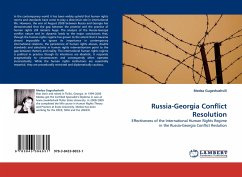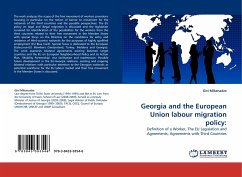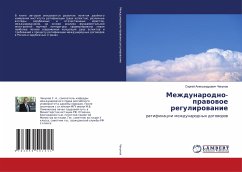In the contemporary world it has been widely upheld that human rights norms and standards have come to play a distinctive role in international life. However, the war of August 2008 between Russia and Georgia has demonstrated that the gap between the promise and the practice of human rights still remains huge. The analysis of the Russia-Georgia conflict nature and its dynamic leads to the major conclusions that, though the human rights regime has grown to the extent that it became almost impossible to ignore its importance in contemporary international relations, the persistence of human rights abuses, double standards and selectivity in human rights interventionism point to the gap between rhetoric and reality. The international human rights regime is political in practice though its intentions are idealistic. It responds pragmatically to circumstances and consequently often operates inconsistently. While the human rights institutions are essentially impartial, they are procedurally restricted and diplomatically cautious.
Bitte wählen Sie Ihr Anliegen aus.
Rechnungen
Retourenschein anfordern
Bestellstatus
Storno








